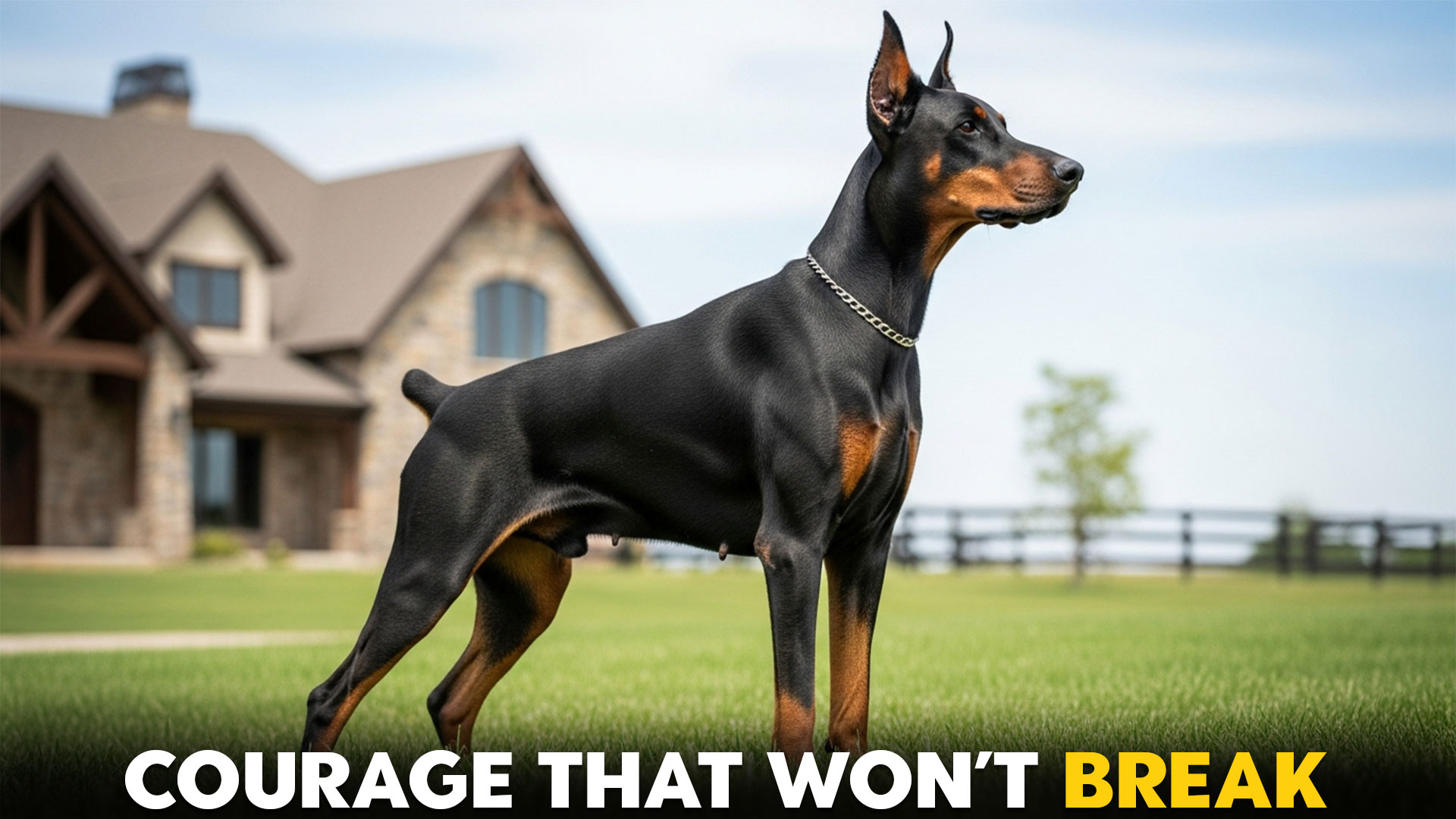Not every dog is content chasing tennis balls and napping on the couch. Some are wired differently, bred through centuries to hold their ground when danger comes knocking. These are the dogs that won’t flinch at loud noises, strange shadows, or even real threats. They’re not reckless; they’re resolute.
Bravery in dogs isn’t just about fighting; it’s about the calm, almost stubborn confidence that says, “I’m not moving, and you can’t make me.” Whether standing guard at the front door, protecting livestock in the dead of night, or pulling humans out of disasters, these breeds show a kind of grit that’s rare even among animals.
In the pages ahead, we’ll meet the dogs that define “unshakable”, breeds whose courage isn’t hype but history. If you’ve ever wondered which companions refuse to back down no matter the odds, you’re in for some fascinating introductions.
Bravest Dog Breeds That Will Not Back Down
1. Akita
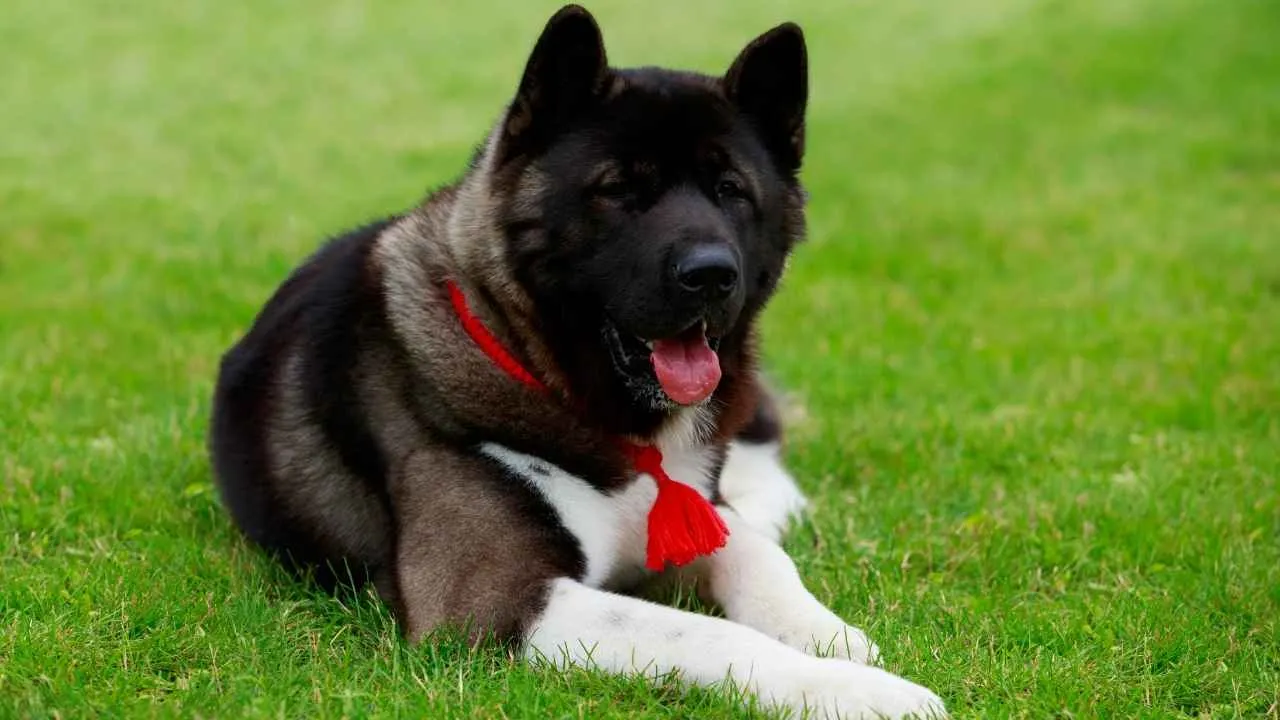
Akitas are known for their unwavering loyalty and bravery, often standing firm when others might hesitate. As per Britannica, they are dignified dogs that can be affectionate with family while staying reserved toward strangers.
This balance of devotion and watchfulness makes them a remarkable companion for those seeking both loyalty and protection.
Originally bred in Japan for hunting large game, Akitas possess both strength and endurance.
Their heritage gives them a natural confidence in challenging environments, making them dependable working dogs as well as family guardians. This combination of heritage and temperament has helped them earn a reputation for resilience.
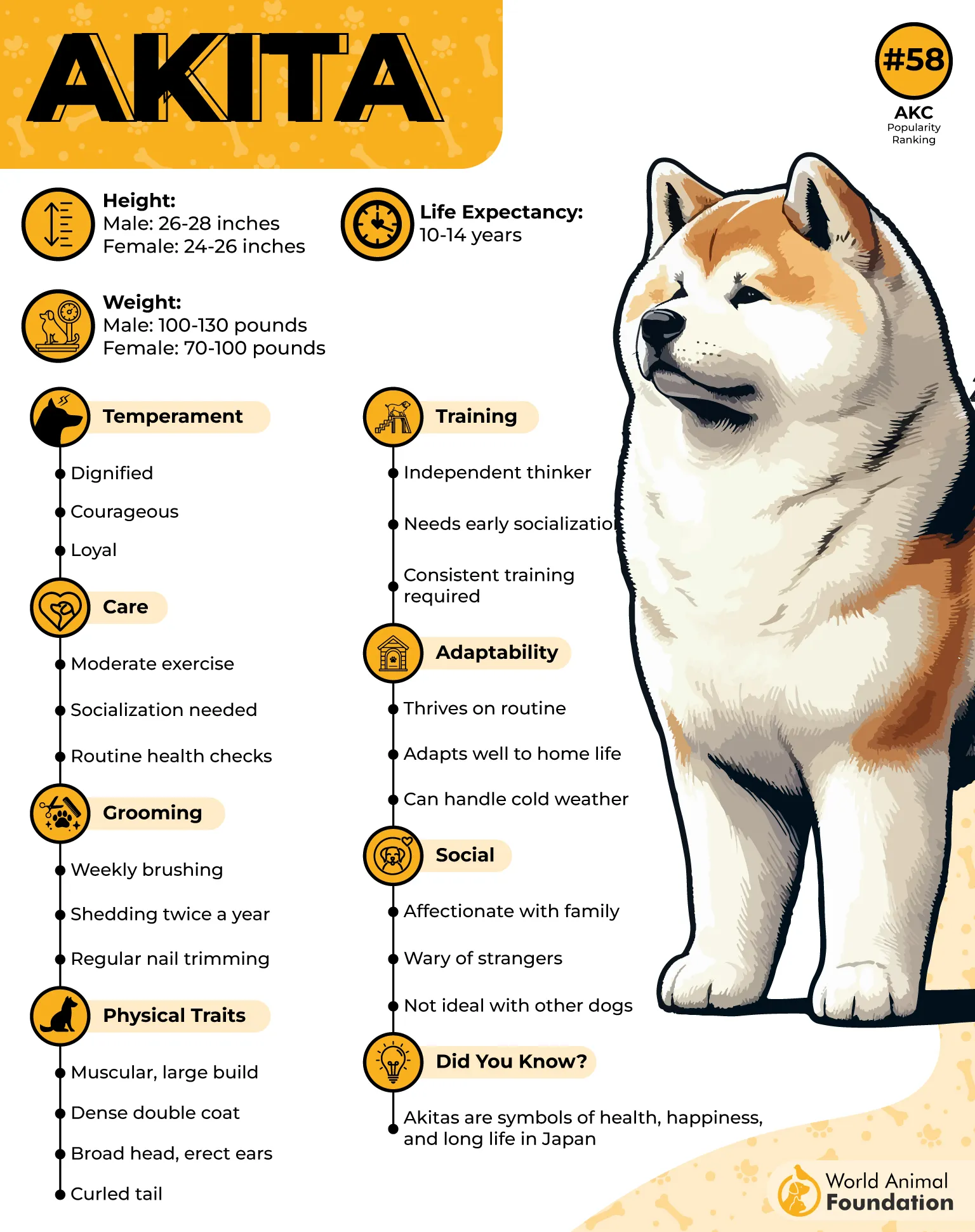
When it comes to family life, Akitas form strong bonds and prefer close interaction with their household. They can be aloof or cautious around people they don’t know, but with proper socialization, they adapt well. Owners often find their protective instincts reassuring without being overly aggressive.
Training an Akita requires consistency and firm guidance. These dogs are intelligent and respond best to calm but confident handling. They thrive with structured routines that combine physical exercise with mental challenges.
Bravery is part of the Akita’s identity, and it shines through in how they face unfamiliar situations. They stay alert and self-assured, making them excellent watchdogs and companions for those who appreciate courage paired with loyalty.
Quick Tips
Start socialization early to reduce aloofness with strangers.
Provide daily exercise that balances both mental and physical stimulation.
2. German Shepherd
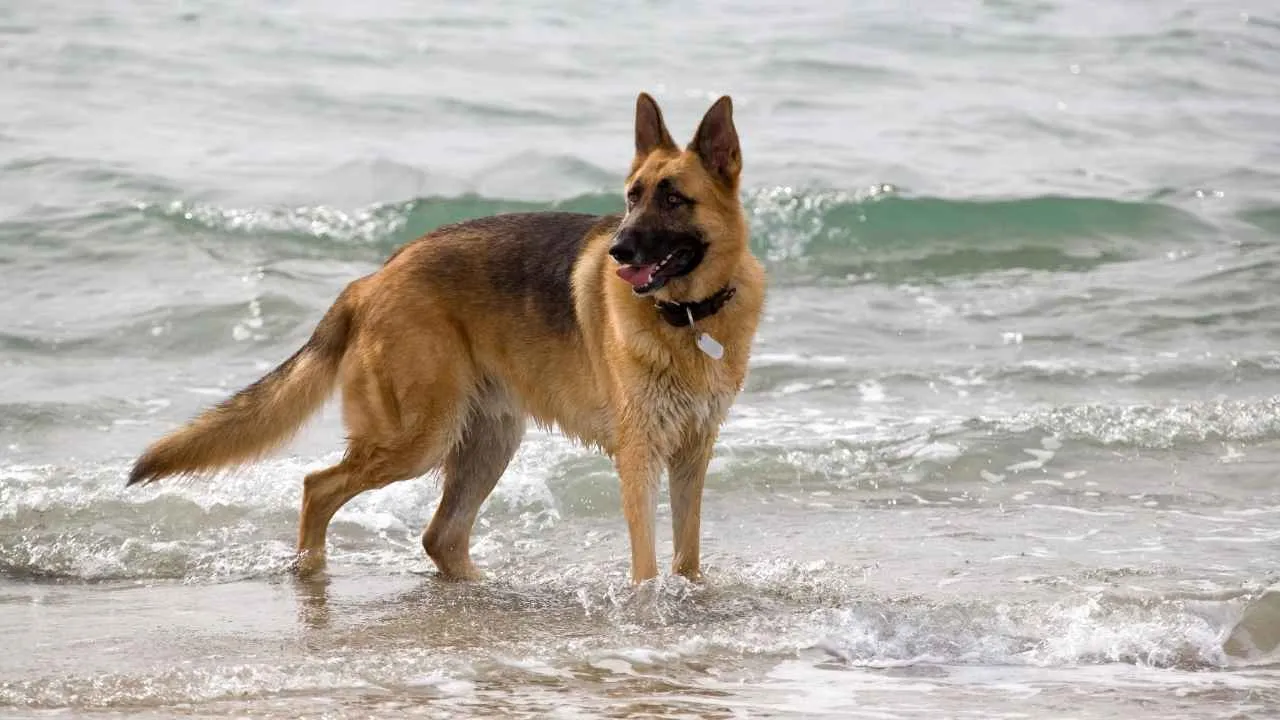
German Shepherds are often celebrated for their fearless nature and exceptional loyalty. They are commonly described as intelligent, strong, and confident, which explains their popularity as both working and family dogs. These qualities make them natural candidates for demanding roles in service and protection.
German Shepherds frequently excel in jobs that require courage, such as police or military service. Their ability to remain steady under pressure showcases the grit that sets them apart. Few breeds combine versatility and determination as seamlessly as they do.

Aside from their professional roles, German Shepherds are affectionate with their families. They bond deeply and show a protective instinct that makes them excellent guardians. At the same time, they enjoy companionship and thrive when included in daily life.
Training is where the breed truly shines. Their sharp intellect and eagerness to work mean they respond quickly to clear instructions and consistency. Guide Dogs states that this makes them adaptable across various fields, from guide dogs to sports competitions.
Courage is not their only strength; their adaptability allows them to adjust to a range of environments. Whether serving as a fearless protector or a gentle companion, German Shepherds consistently demonstrate a balance of bravery and sensitivity.
Quick Tips
Engage them in regular training sessions to challenge their intelligence.
Provide both mental tasks and physical activity to prevent restlessness.
3. Doberman Pinscher
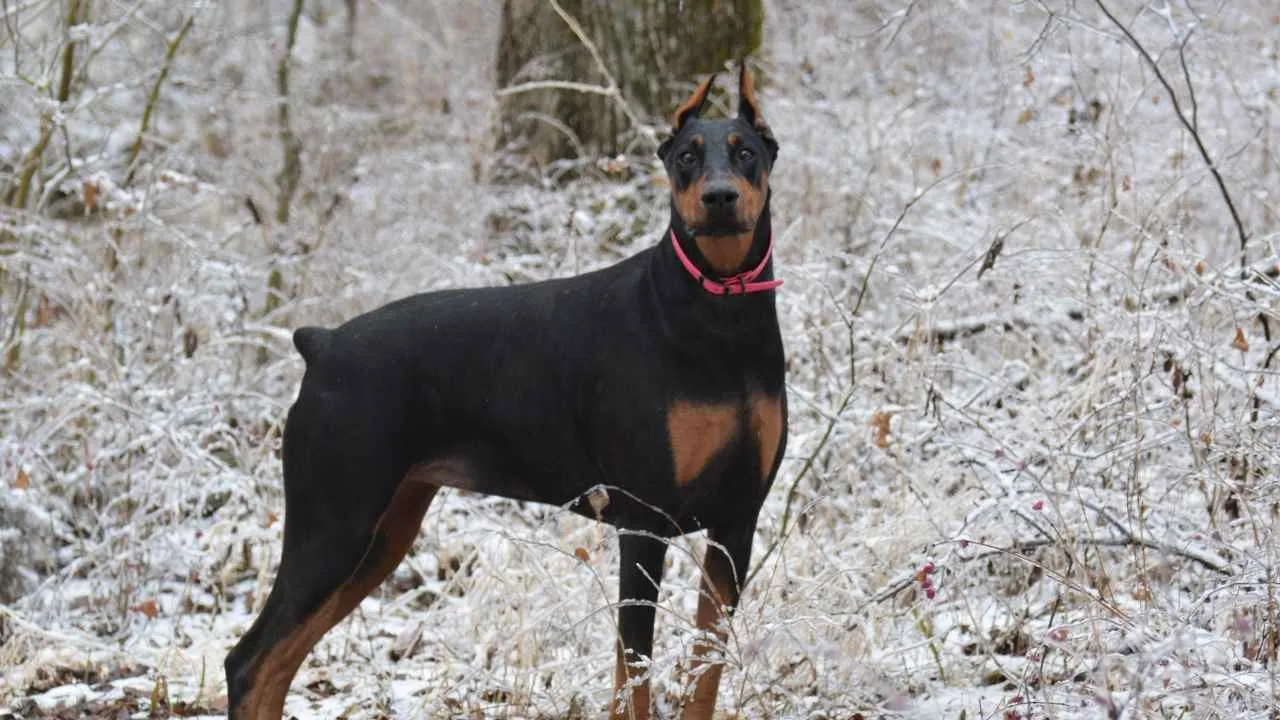
Doberman Pinschers are sleek, powerful dogs built for both speed and stamina. Known for their alertness and courage, they excel in roles where quick decision-making and confidence are essential. Their athletic build reflects the purpose for which they were originally bred: protection.
This breed combines loyalty with sharp intelligence, making them highly trainable. They thrive under structured guidance and respond especially well to positive reinforcement. Their eagerness to learn ensures they adapt quickly to new commands and tasks.
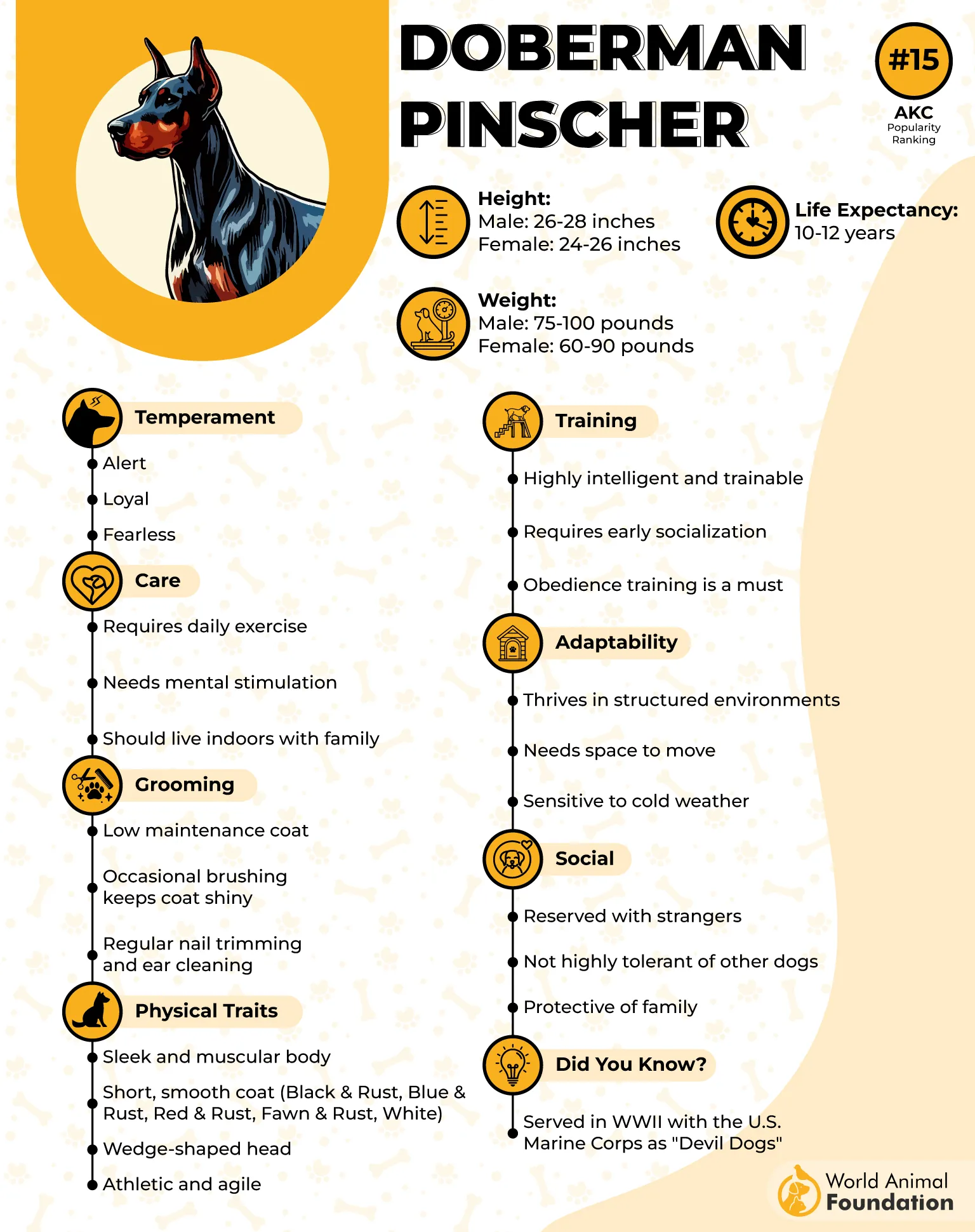
Dobermans are also affectionate with their families, despite their strong guarding instincts. They often form close attachments and enjoy being active participants in household life. This bond enhances their natural drive to protect their people.
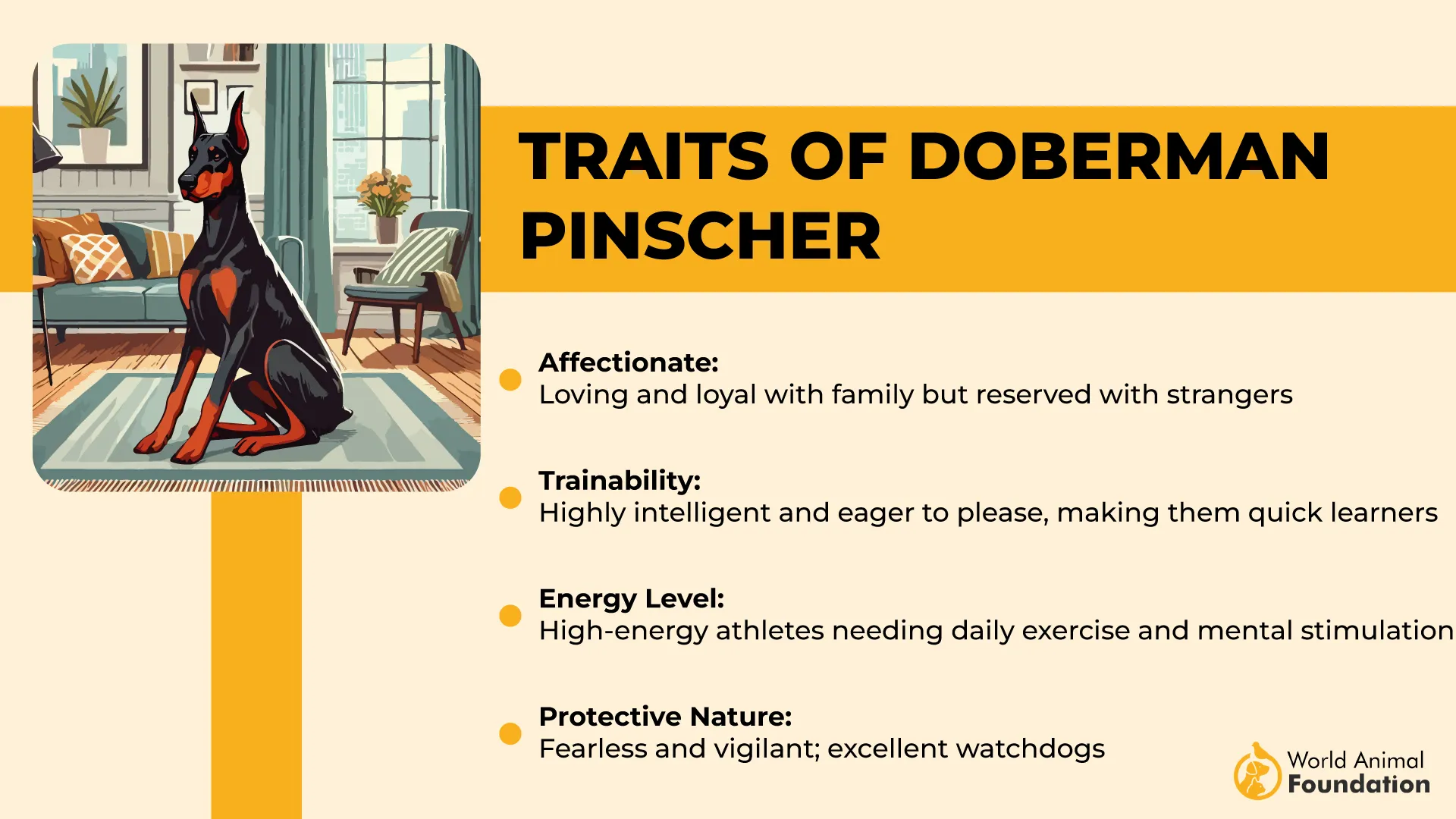
As natural watchdogs, Dobermans are alert and responsive to their surroundings. They rarely shy away from challenges, embodying the courage that has made them so respected. Their protective instincts are balanced with loyalty, giving them a unique dual role as both companion and guardian.
What sets the Doberman apart is its combination of elegance and toughness. Their streamlined physique, coupled with their fearless personality, ensures they remain among the most dependable working breeds.
Quick Tips
Use consistent training methods to channel their intelligence and energy.
Offer daily vigorous exercise to match their stamina.
4. Bullmastiff
The Bullmastiff is a guardian by design, originally bred to protect estates from poachers. Courage and confidence are deeply ingrained in the breed, making them formidable deterrents to threats. Despite their size, they are known for their even temperament and loyalty.
Affection plays a big role in the Bullmastiff’s character. They are deeply devoted to their families and show a gentle side at home. This duality—soft with loved ones but wary with strangers—creates a strong protective presence.
Training should focus on reinforcing their natural calmness and control. With consistent handling, they respond well and develop into reliable companions. Because of their size, early guidance is essential for good manners.
Physically, Bullmastiffs are solid and powerful, yet they don’t require as much exercise as some other large breeds. Their moderate energy levels make them suitable for homes that can provide daily walks and companionship.
Bravery is central to their temperament, but it is paired with restraint. Rather than being overly aggressive, Bullmastiffs use their courage with discernment, stepping forward only when necessary.
Quick Tips
Begin obedience training early to establish control over their large frame.
Provide moderate but regular exercise to keep them balanced.
5. Rottweiler
Rottweilers stand out as naturally confident and fearless dogs, thanks in part to centuries of selective breeding for guarding livestock. They possess a muscular, imposing frame that commands respect immediately—few intruders would dare approach.
This breed’s loyalty runs deep. Rottweilers are devoted to their families and often follow owners around, keen to be involved in daily life. Their protective instinct is balanced—they’re calm with those they trust and alert to outsiders.
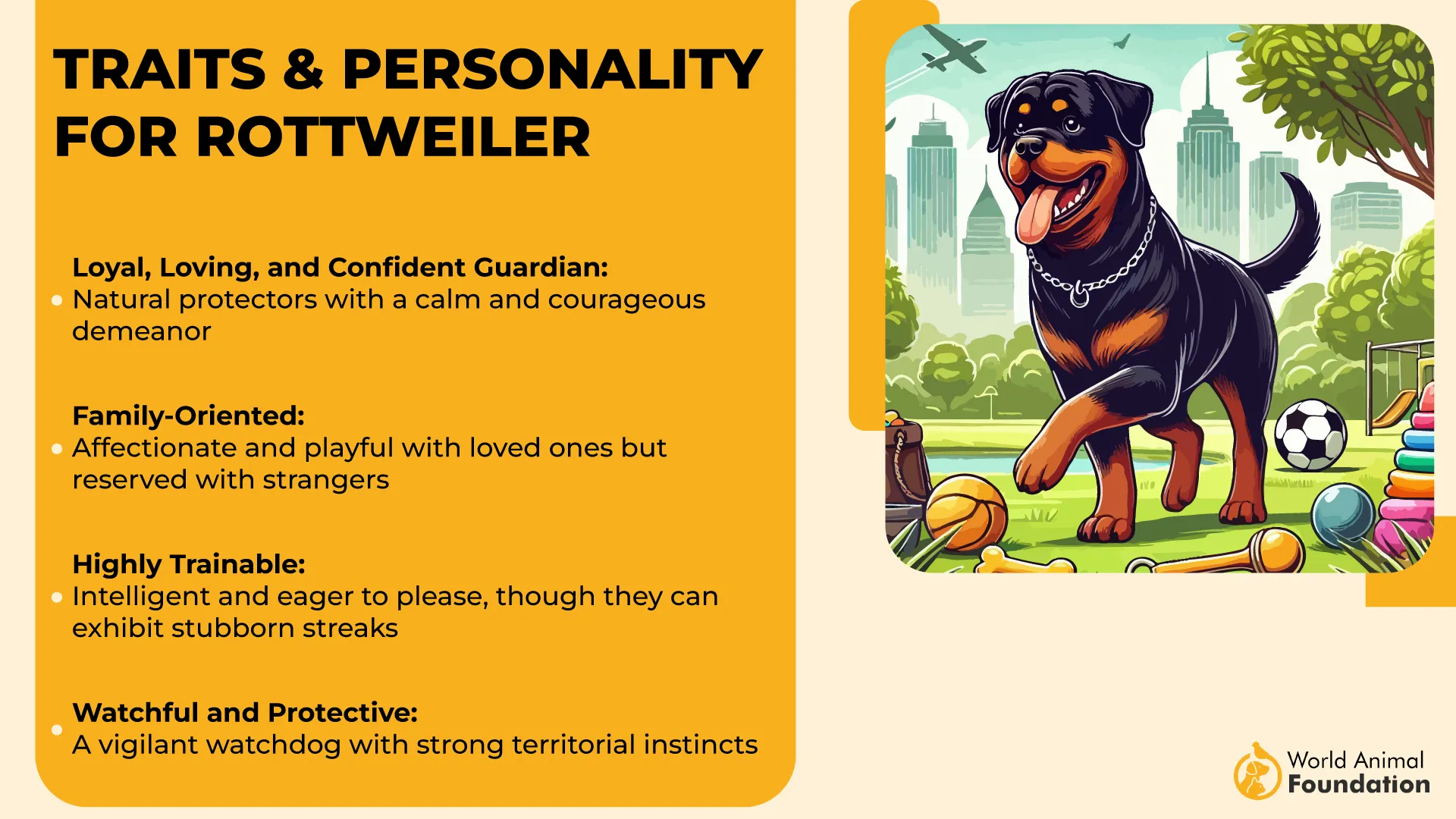
Their intelligence makes training a breeze with the right approach. Positive reinforcement helps them learn quickly, and they tend to perform well under structured, consistent guidance.
Rottweilers also benefit from their recognizable reputation—many people treat them with extra caution purely based on perception. That respect often acts as a deterrent even before they’re called into action.
Balanced and reliable, Rottweilers combine strength with sensibility. They aren’t naturally aggressive; instead, they offer steadfast protection alongside playful, affectionate moments with loved ones.
Quick Tips
Use consistent positive reinforcement training to channel their intelligence effectively.
Provide socialization early to balance strong protective instincts with calm behavior around others.
6. Belgian Malinois
Belgian Malinois are dynamite on four legs. With a heritage rooted in demanding work, they excel at everything from herding livestock to high-stakes police and military operations, as noted by Balanced Pack K9 Training.
Their physical agility and stamina make them true athletes. Whether navigating livestock or navigating danger zones, Malinois are built to perform under pressure, time and again.
Personality-wise, they are fiercely loyal and alert. Their instinctive courage means they respond quickly in uncertain situations, showcasing fearlessness and readiness without hesitation.
However, their intensity comes with challenges. They need extensive daily mental and physical stimulation—without it, boredom can lead to reactive or destructive behaviors.
This breed isn’t one-size-fits-all. Belgian Malinois are best suited to experienced handlers who understand structure; with the right owner, they shine as unmatched working partners.
Quick Tips
Only consider this breed if you can commit to rigorous physical and mental energy output.
Use firm, consistent training with lots of stimulation to prevent reactive behavior.
7. Cane Corso
Cane Corsos descend from Roman war dogs and were later used for protecting property and hunting large game. Their history underscores a bold, purposeful temperament.
They are thoughtful guardians. Corsos have a calm, resolute presence and often remain reserved around strangers while forming deep bonds with family.
With strong leadership, they respond exceptionally well. They possess high intelligence, and positive reinforcement ensures they learn quickly and enjoy obedience.
Their guarding instincts are natural, not aggressive. They exhibit bravery when necessary, yet remain gentle with loved ones—striking a careful balance.
Physical strength means supervision is wise around young kids. Still, their moderate grooming needs and sturdy build make them reliable companions for dedicated owners.
Quick Tips
Begin early socialization to ensure balanced behavior around others.
Use consistent, positive training to guide their strong will and intelligence.
8. Boxer
Boxers are charming entertainers with a courageous heart. Known for their playful antics and loyalty, they bring energy and affection wherever they go, according to the AKC.
Don’t let the playfulness fool you. Boxers are plenty brave—many serve as therapy, search and rescue, and even police dogs, thanks to their smarts and dedication.
Their intelligence shines, but they also have a mischievous streak. Without consistent training and socialization, Boxers may test boundaries—sometimes just for fun.
Though friendly with family, their protective instincts can kick in around strangers. Some may greet newcomers with enthusiasm, while others remain cautious and observant.
Boxers require exercise and mental engagement to avoid separation anxiety and boredom. Their short snouts mean they’re sensitive to extreme weather—care is needed during workouts.
Quick Tips
Provide interactive play and training daily to satisfy their energy and mind.
Monitor them in hot or cold weather due to their brachycephalic build—avoid overexertion.
9. Rhodesian Ridgeback
Born in Southern Africa, Rhodesian Ridgebacks were bred to hunt large game—including lions—and to guard family property. Their signature ridge of hair accentuates a lineage of toughness.
Gentle and dependable, mature Ridgebacks often relax quietly at home, forming a close bond with family while keeping watch with subtle vigilance.
They do require serious exercise and mental stimulation. Without it, their energy may turn into mischief, such as chewing or barking out of boredom.
Their independence and strong prey drive call for consistent leadership. Calm, confident guidance helps them channel alertness without overreaction to stimuli.
Highly protective yet not aggressive, Ridgebacks offer solid watchfulness. They are athletic and poised—ideal companions for active households with enough space and structure.
Quick Tips
Provide daily vigorous exercise to keep boredom-driven behaviors in check.
Use calm, confident training to direct their independent nature and prey instincts.
FAQs
1. What traits make a dog breed brave and unwilling to back down?
In the dog world, bravery comes from raw power, confidence, and instinct. Dogs that stay completely unfazed when faced with trouble show a strong sense of courage. Many were bred to guard estates, herd livestock, or carry out protection work, giving them a point of steadiness under pressure.
2. Are brave dog breeds also good family protectors?
Yes. Protection dogs are often incredibly loyal and make excellent guard dogs for dog owners and their families. Raised with care from puppyhood, they can balance their guarding role with being a fun-loving pet and friend.
3. Do brave breeds require special training to manage their strong instincts?
Absolutely. Even naturally bold breeds must be raised with structured training. Clear guidance teaches them when to stand firm and when to relax. Without it, their strong bite force or readiness to attack could cause problems.
Conclusion
Brave dogs bring a unique blend of strength, devotion, and instinct that continues to inspire admiration across the world. For dog owners seeking protection dogs, the breeds mentioned above have long proven themselves as excellent guard dogs, combining raw power with an incredibly loyal heart.
Other dogs, such as Giant Schnauzers, show how naturally bold instincts can guard estates or keep families safe. Despite their fearless bite and readiness to face attack, these dogs are often fun-loving pets when raised properly from a puppy.
They stand as a point of balance between aggression and affection, showing that even protection dogs can be a friend first. In the end, these companions remind us that courage in dogs isn’t about trouble; it’s about devotion carried with dignity.


